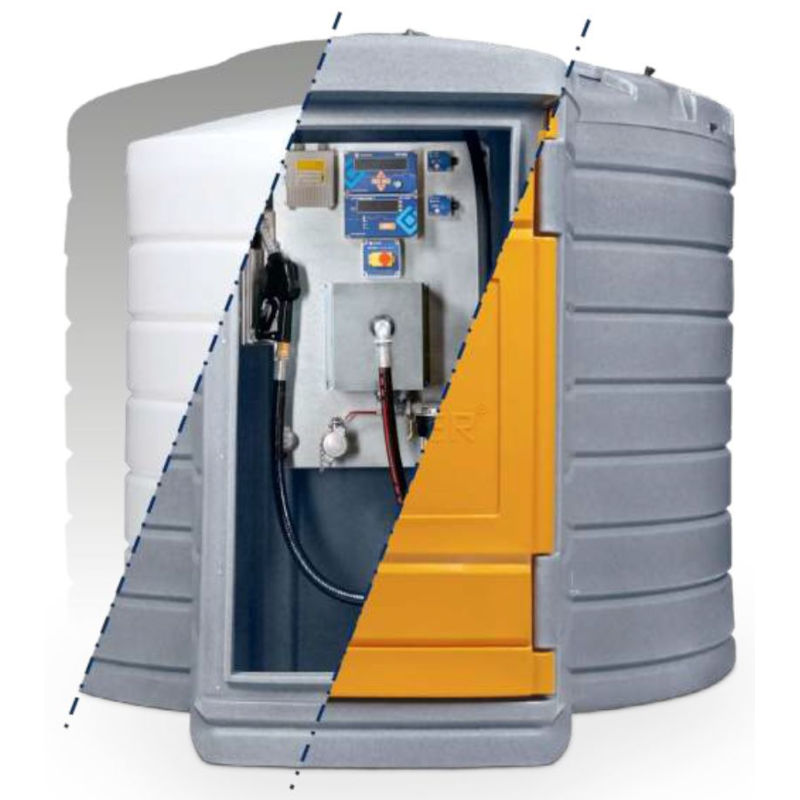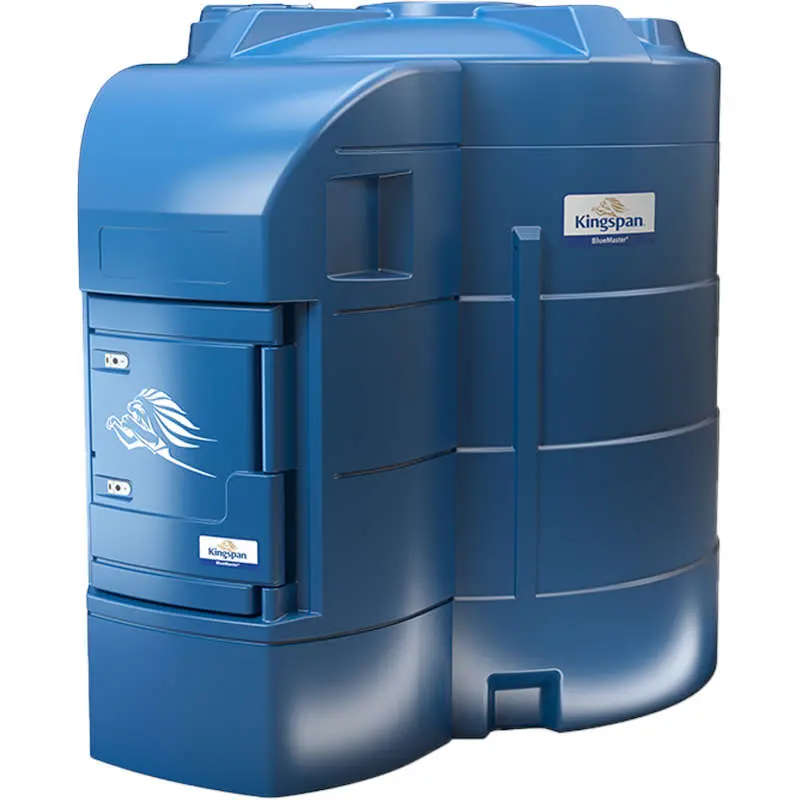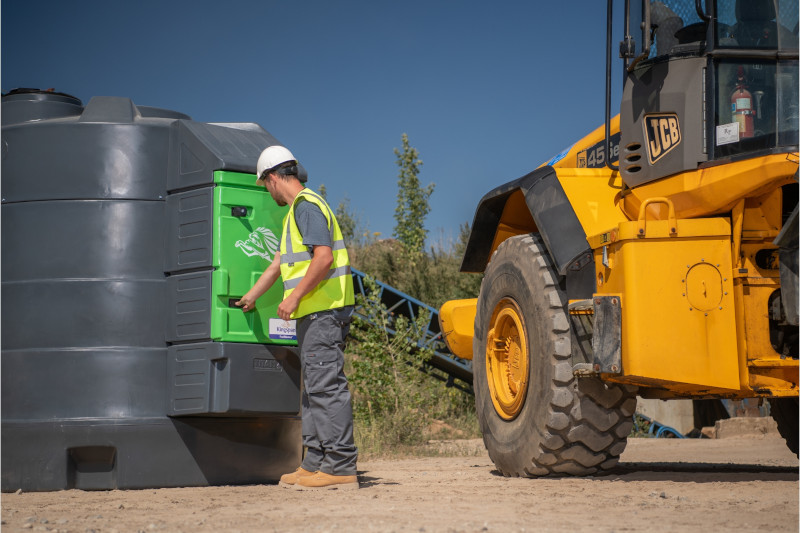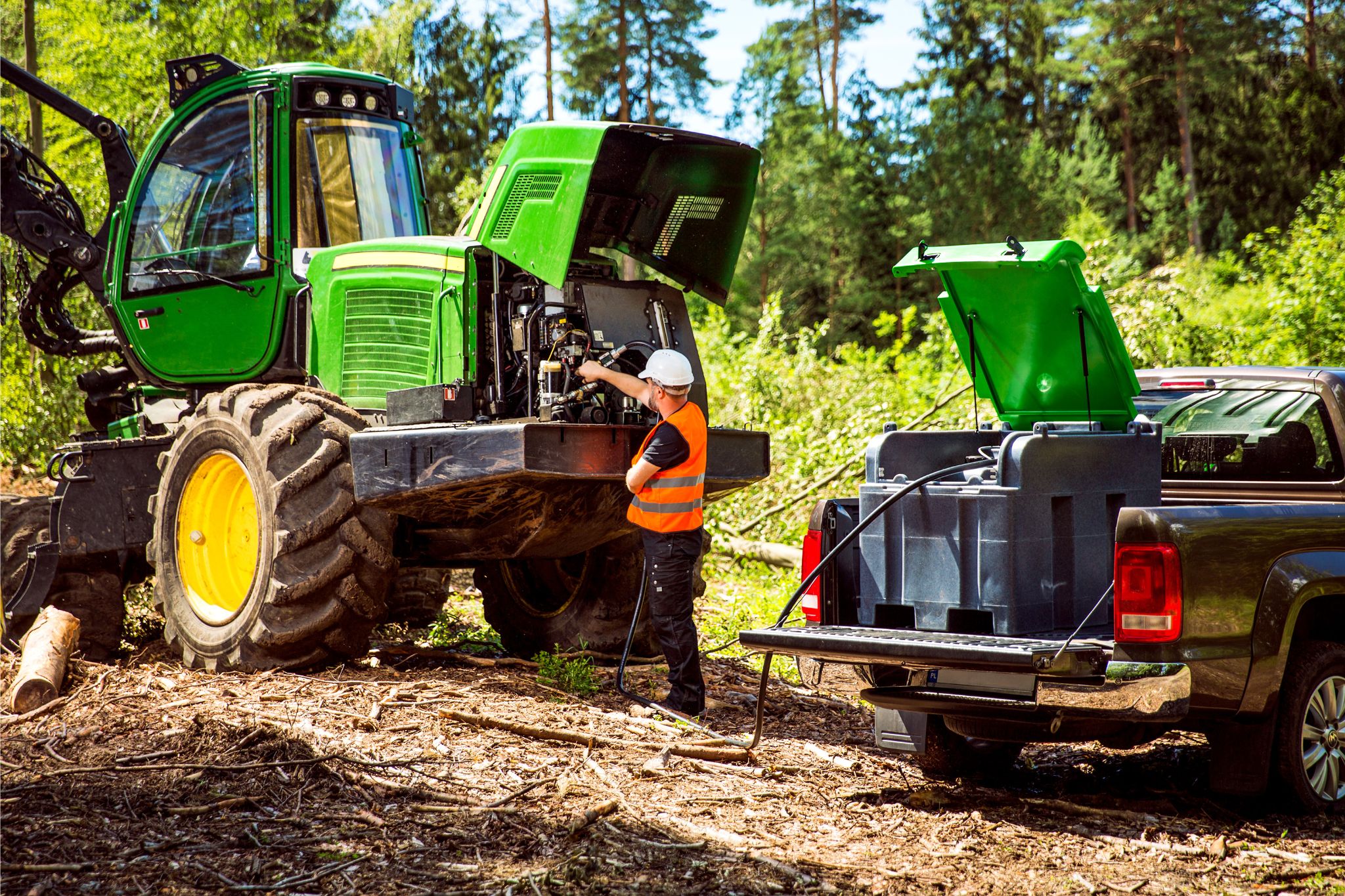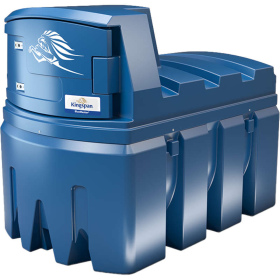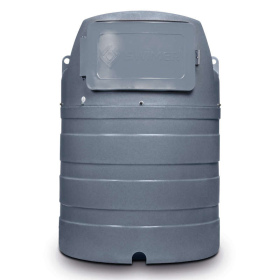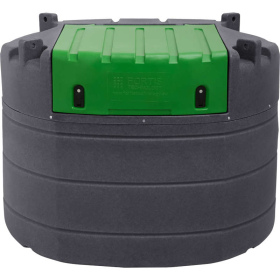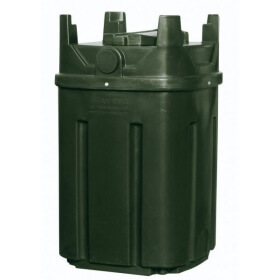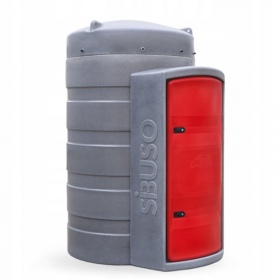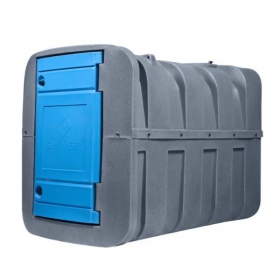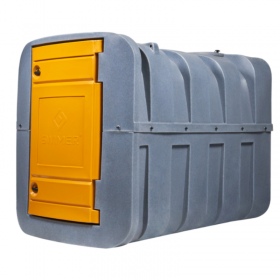- today
- perm_identity Mateusz
- label FUEL TANKS
- favorite 0 likes
- remove_red_eye 220 views
- comment 0 comments

Fuel storage - how long can you store diesel and petrol. What is worth knowing?
Fuel storage is a topic that is becoming increasingly important in the context of rising energy prices and the demand for energy independence. Choosing the right tanks and knowing the shelf life of different fuels are key elements of effective storage. Find out how long petrol, diesel, heating oil and AdBlue can be stored, as well as the benefits and potential consequences of storing fuels for too long.
Fuel tanks - efficient storage of diesel, heating oil, petrol and AdBlue
Tanks are the cornerstone of effective fuel storage. Polyethylene tanks are the most commonly used. This material is characterised by high resistance to corrosion, UV radiation and mechanical damage. This guarantees safety when storing fuel. When choosing a tank, it is worth paying attention to its capacity and adjustment to the type of fuel we plan to store. Equally important is the equipment that will facilitate liquid control and distribution.
Fuel storage requires not only high quality tanks, but also an awareness of how long fuel can be stored safely. The key is proper storage conditions and regular monitoring of the condition of the fuel. By following these rules, the life of the fuel itself can be extended and costly technical problems with machinery can be avoided.
Fuel tanks should meet a number of requirements included in the legislation. On this subject, see the article: Fuel tanks - What legal requirements must be met?
How long can fuels be stored?
The storage of petrol is associated with a relatively short shelf life. Under standard conditions, it is estimated that it can be stored for around 6 months. After this time, petrol loses its ignition properties due to oxidation and evaporation of volatile components. To extend the shelf life of petrol, storage in sealed tanks and in a cool, dry place is recommended. The deadline is up to a maximum of 2 years.
Diesel can be stored longer than petrol. Under optimal conditions, this is up to 12-18 months. In this case, it is similarly not recommended to exceed a storage period of 2 years. The problem with long-term storage of diesel, however, is the phenomenon of microbial growth (bacteria and fungi). Especially if moisture is present in the tank. To avoid problems, it is advisable to use stabilising additives, depressants and regularly check the condition of the fuel.
Heating oil for heating purposes, has a similar shelf life to diesel. The shelf life is therefore between 12 and 24 months. Theoretically, under ideal conditions and in high-quality tanks, this time is extended to 5 years. The tightness of the tank and protection from moisture and temperature fluctuations are crucial here. Temperature fluctuations can lead to fuel degradation (paraffin precipitation). Therefore, tanks with thermal insulation and heating are recommended.
AdBlue is an aqueous urea solution used in vehicles with diesel engines and SCR systems. It can be stored for approximately one year. The condition is a storage temperature of approx. 0°C to 30°C. Higher/lower temperatures or prolonged storage under unsuitable conditions lead to chemical decomposition. Consequently, to a loss of properties. In this case, insulation and tank heating are also recommended.
Benefits of fuel storage
Fuel storage has many advantages. Especially for transport companies, farmers or property owners. The advantages of such a solution are:
Cost stabilisation
Storing fuel allows you to buy larger quantities when market prices are lower. This helps to avoid the effects of sudden price increases. This allows you to plan your budget for a longer period and better control your operating expenses. Your own warehouse means savings.
Business continuity in crisis situations
Access to stored fuel is particularly important in the event of supply interruptions such as:
- Strikes in the transport industry.
- Supply problems resulting from geopolitical situations.
- Natural disasters or infrastructure failures.
Companies and households with their own fuel supply can operate without disruption, giving them a competitive advantage and greater comfort. An own fuel tank means energy independence.
Minimising the risk of downtime
For industries such as agriculture, transport or industry, running out of fuel at a crucial time can mean costly downtime. In some regions, especially during the winter seasons, there can be problems with the supply of fuel, especially heating oil. Fuel storage eliminates the risk, guaranteeing the continuous operation of machinery, vehicles and heating systems.
Operational flexibility
An in-house fuel stock allows flexibility in planning operations, regardless of the availability of fuel at stations. This is especially true for users in remote locations where access to fuel may be difficult.
Reduced time and logistics costs
Purchasing a large amount of fuel at one time saves on transport costs and reduces the frequency of deliveries. This is particularly beneficial for companies operating in regions far from major supply centres.
Optimising fuel use
With constant access to stock, fuel consumption can be better planned. This allows more efficient use of resources and reduces losses due to fuel shortages at critical times.
Environmental safety
Modern tanks are designed to minimise the risk of leaks and environmental pollution. Storing fuel in compliance with regulations reduces environmental impact.
Fuel storage is first and foremost a strategic decision. It can affect operational efficiency, safety and savings. Investing in tanks and organising the storage properly is key to maximising the benefits, both for households and businesses.
Consequences of storing fuel for too long
Ignoring the recommended fuel storage period can lead to serious consequences, including
- Reduction in fuel quality - decrease in calorific value and combustion efficiency, leading to financial losses.
- Contamination of the fuel system - the presence of sediment and dust, condensation of water or microorganisms can clog filters, damage the engine or heating systems. This leads to technical problems in equipment and vehicles. The result can be unplanned downtime and financial losses
- Risk of corrosion - if water is present in the tank, damage can occur to the metal components of the system.
- Increased tank maintenance costs - tanks require regular inspection, cleaning and maintenance. Failure to do this and the use of old fuel can result in faster degradation of components and clogging of distribution systems.
Fuel storage, while beneficial, requires a responsible approach and regular inspection. To avoid negative consequences, care should be taken:
- Selecting high quality tanks.
- Regular inspection and maintenance.
- Following the recommendations for the storage period of each type of fuel and servicing the tanks.
You can read more about tank servicing in the article: Service and maintenance of fuel tanks.
Related products
Bunded tank for AdBlue BlueMaster Standard
- Double-walled tank for AdBlue
- 4 capacities to choose from
- Large selection of equipment options
- Heating the distribution space
star_border star_border star_border star_border star_border
0 Review(s)
Price
PLN17,783.10
Regular price
PLN25,046.61
PLN14,457.80
tax excl
Lowest price: PLN17,265.14 +3%
Double walled Swimer Heating Oil Tank
- Capacity from 1500 l to 10000 l
- Doublewell construction
- Various equipment options
star star star star star
1 Review(s)
Price
PLN6,150.00
Regular price
PLN7,011.00
PLN5,000.00
tax excl
Lowest price: PLN6,150.00 0%
Double-walled stationary diesel tank Fortis
- Capacities of 1000 l - 5000 l
- Fully personalisable in the X-Tank Diesel version
- For industrial and agriculture
star_border star_border star_border star_border star_border
0 Review(s)
Price
PLN6,250.86
Regular price
PLN8,118.00
PLN5,082.00
tax excl
Lowest price: PLN5,763.78 +8%
Double-walled tank for heating oil
- Robust double wall tank
- Product of hight quality, volume from 200 to 9000L
- Indoor or outdoor installation optional with intake and suction hose
star_border star_border star_border star_border star_border
0 Review(s)
Price
PLN2,302.72
Regular price
PLN3,243.26
PLN1,872.13
tax excl
Lowest price: PLN2,235.65 +3%
Fuelmaster diesel tank
- Mobile diesel tanks with fuel dispenser
- Double-walled construction
- Capacity from 1200 to 9000 l
star_border star_border star_border star_border star_border
0 Review(s)
Price
PLN8,095.49
Regular price
PLN11,402.10
PLN6,581.70
tax excl
Lowest price: PLN7,859.70 +3%
NVC diesel tank
- Capacity from 1,500 to 5,000 l
- Double walled polyethylene construction
- Large distribution cabinet
star_border star_border star_border star_border star_border
0 Review(s)
Price
PLN7,503.00
Regular price
PLN10,701.00
PLN6,100.00
tax excl
Lowest price: PLN7,995.00 -6%
Swimer Blue Tank bunded tank for AdBlue FUDPS
- Double-walled design
- Capacity from 2500 l to 10000 l
- 4 equipment versions to choose from
star_border star_border star_border star_border star_border
0 Review(s)
Price
PLN28,167.00
PLN22,900.00
tax excl
Swimer Tank diesel fuel station FUDPS
- Double walled polyethylene construction
- Capacity from 2500 l to 10000 l
- 4 variants of equipment
star star star star star
1 Review(s)
Price
PLN12,896.55
Regular price
PLN16,297.50
PLN10,485.00
tax excl
Lowest price: PLN12,896.55 0%
Comments (0)
No comments at this moment

